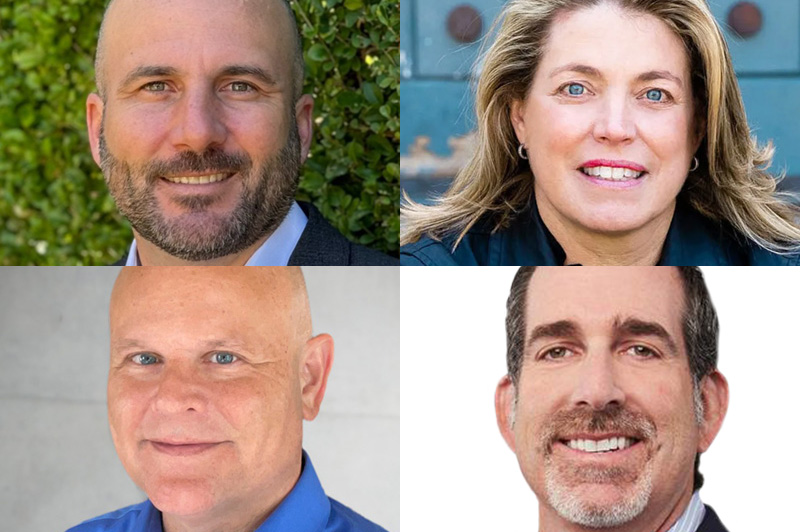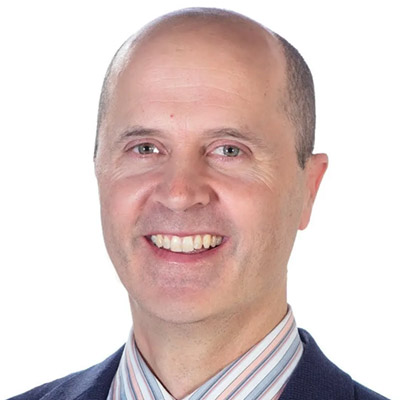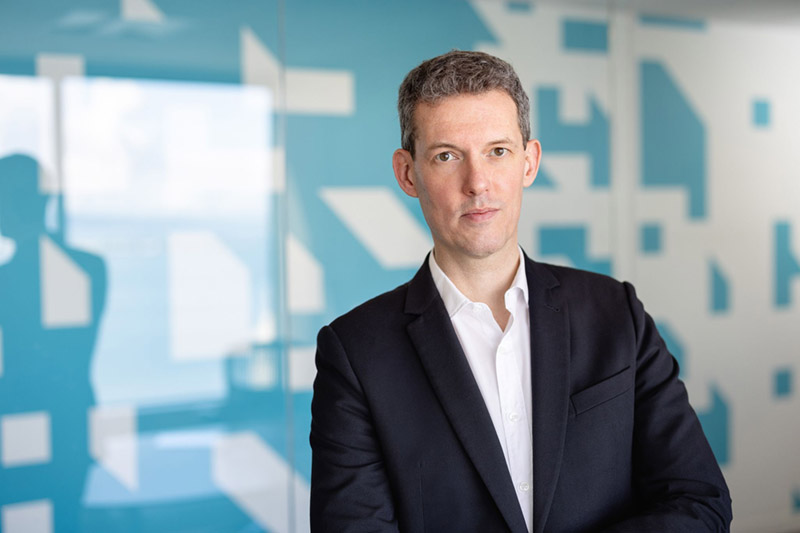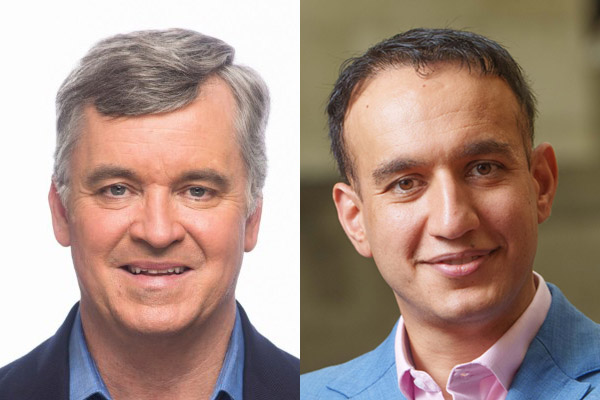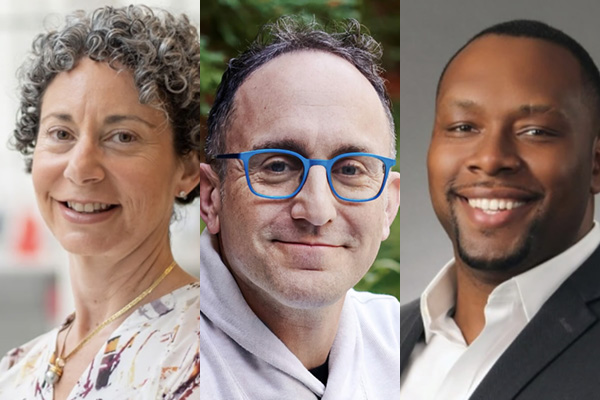[Canceled] Nevan Krogan, UCSF: “Using System Approaches to Understand the Mechanism of Disease”
There is a wide gap between the generation of large-scale biological data sets and more detailed structural and mechanistic studies. However, recent work that explicitly combines data from systems and structural biological approaches is having a profound effect on our ability to predict how mutations and small molecules affect atomic-level mechanisms, disrupt systems-level networks and ultimately lead to changes in organismal fitness. Our group aims to create a stronger bridge between these areas primarily using three types of data: genetic interactions, protein-protein interactions and post-translational modifications. Protein structural information helps to prioritize and functionally understand these large-scale datasets; conversely global, unbiasedly collected datasets helps inform the more mechanistic studies. Our efforts in this respect have been focused on three disease areas: cancer, infectious diseases and neuropsychiatric disorders. Our work has found remarkable similarities between these and other disease areas which are leading to novel therapeutic strategies.
Register for the Livestream
This talk has been canceled due to Covid concerns and will be rescheduled.

Dr. Nevan Krogan received an undergraduate degree in chemistry and an MSc in biology from the University of Regina, and a Ph.D. in medical genetics from the University of Toronto. He came to UC San Francisco as a Sandler Fellow in 2006 and started as a faculty member the following year. In 2011, he became an investigator at the Gladstone Institute of Data Science and Biotechnology, and in 2016 he was appointed director of QBI, which is part of the UCSF School of Pharmacy. He has joint UCSF appointments in the School of Medicine’s Department of Cellular and Molecular Pharmacology and the School of Pharmacy’s Department of Bioengineering and Therapeutic Sciences. In 2022, Dr. Krogan was awarded the highest honor in France, the Legion of Honor, which was bestowed for his leadership in forming international research collaboration across academic and industry organizations around the world and for their significant scientific contributions utilizing a novel methodology of identifying the viral modifications of human proteins that fueled SARS-CoV-2 pathology to identify potential treatments against COVID-19.
